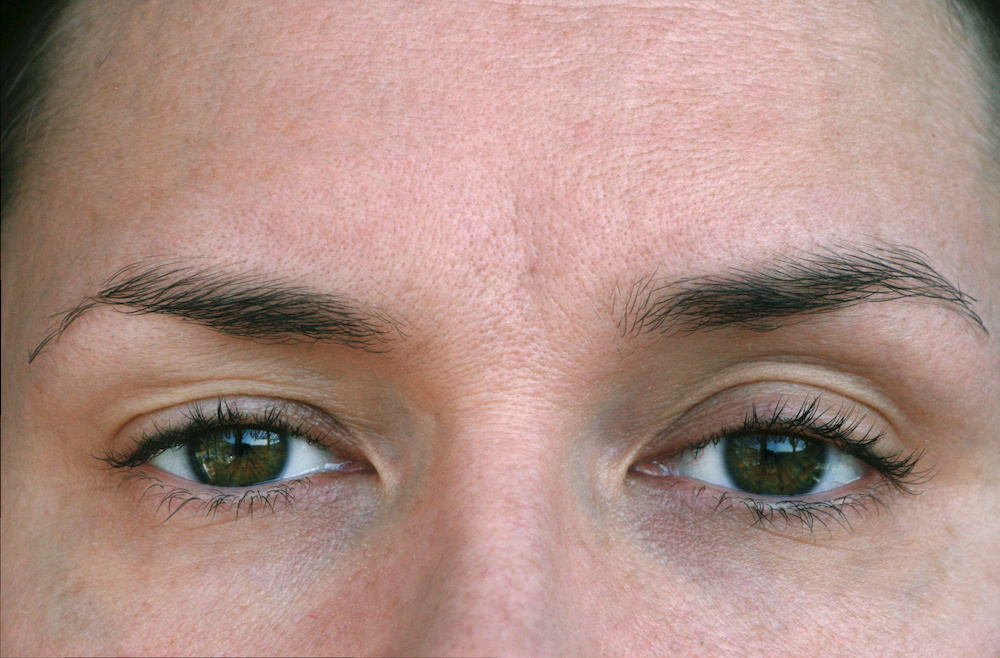What is Ptosis?

When we think about getting Botox injections, we think about the wonderful things that it can do for us – smooth out lines and wrinkles, help with sagging skin, and even make the face and neck look more youthful and glowing. But as with any medical procedure, there are side effects or risks, including with Botox. Although rare, you may still see these side effects or conditions that can be caused by injectables. One of these side effects is Ptosis. While very, very rare, it can still happen, so read on to find out what to do about this condition.
What is Ptosis?
Ptosis is something that most people who receive Botox injections will never likely be diagnosed with. In fact, it is an incredibly rare complication from Botox – so rare, in fact, that many people aren’t even aware of its existence at all.
Ptosis is a condition in which the upper eyelid can droop over the eye itself. This can cause the eye to look sunken in or uneven with your other eye. Ptosis is not harmful to the eye or vision itself, but it can cause embarrassment or issues with self-confidence.
What Causes Ptosis?
Ptosis can be caused by a variety of different things, such as an eye injury, a complication of surgery, or even aging. But when it is related to Botox, it is often caused by an incorrect technique while administering the injections. It can also be related to the Botox “migrating” to other areas, especially if the patient does not follow the orders to correctly take care of themselves after injections – for example, not lying down for a specific amount of time.
How is Ptosis Treated?
Ptosis due to Botox can be treated with more Botox, believe it or not. Additional Botox can help to open up the eye more, diminishing the look of a drooping eyelid. While that might sound scary – treating the issue with the same thing that may have caused the issue – it works well as a remedy. You can also opt for special eye drops, which can help reduce the appearance of the Ptosis – but those are only temporary.
Is Ptosis Common?
Ptosis is not a common side effect of Botox. In fact, it is rare to have this type of reaction, especially when you receive your Botox treatments at a facility with properly trained professionals who do a lot of Botox treatments. Most facilities have staff that are trained and have been doing Botox injections for many years, so you can consider it safe and a routine procedure.
If you would like to learn more about Botox injections, Ptosis, or schedule an appointment, call the office of Dr. Ghozland today!
